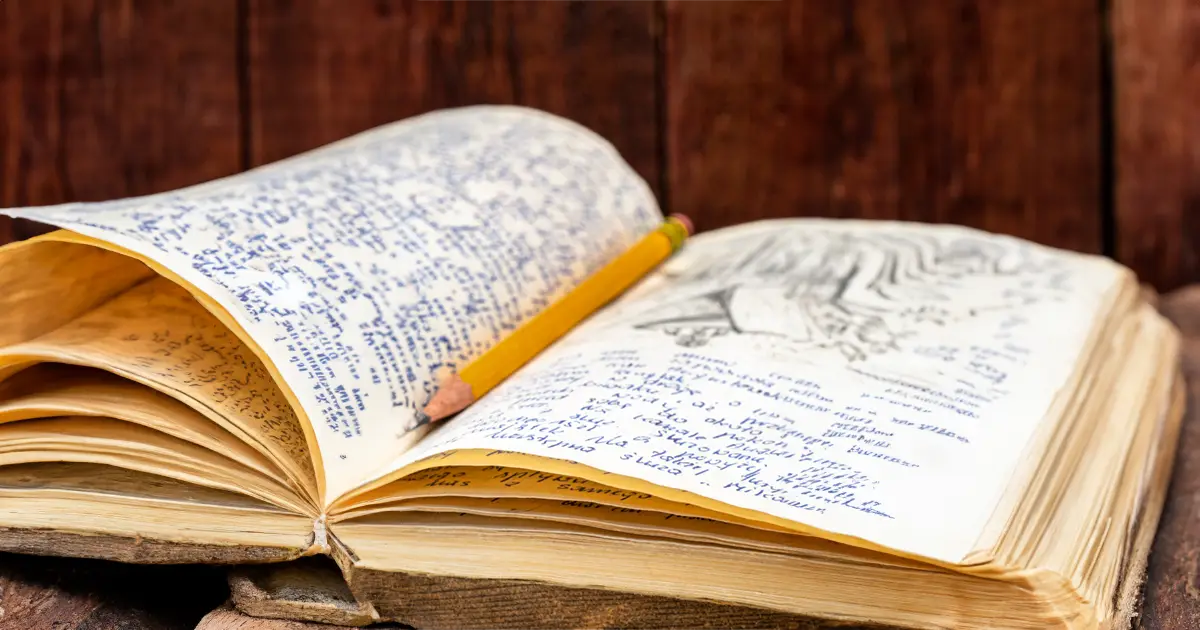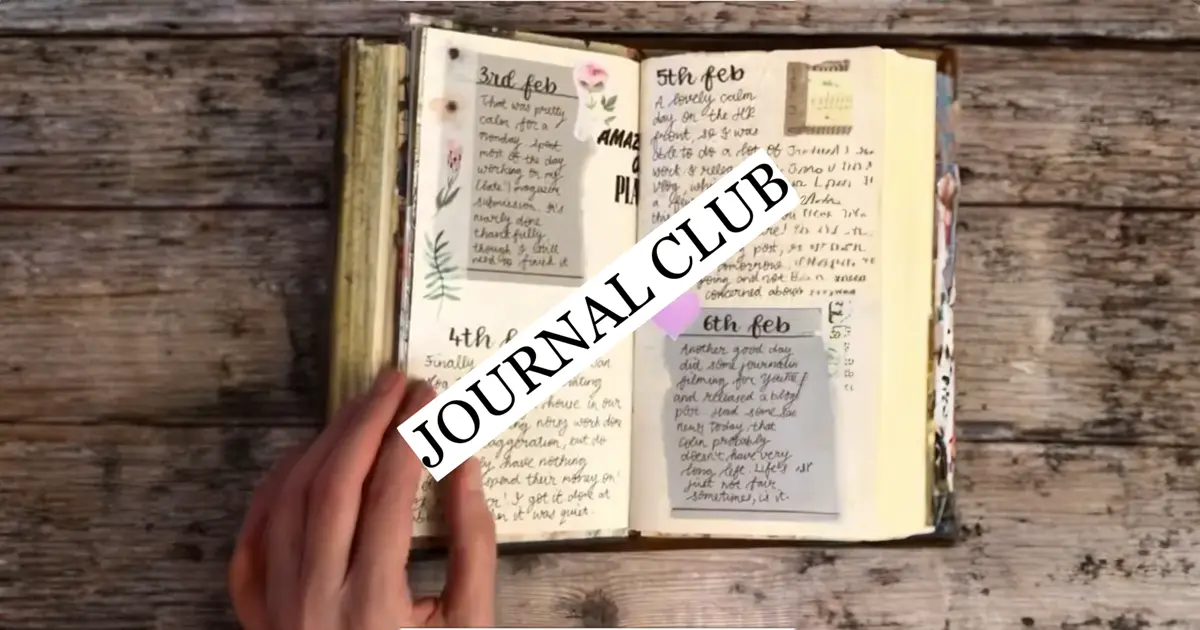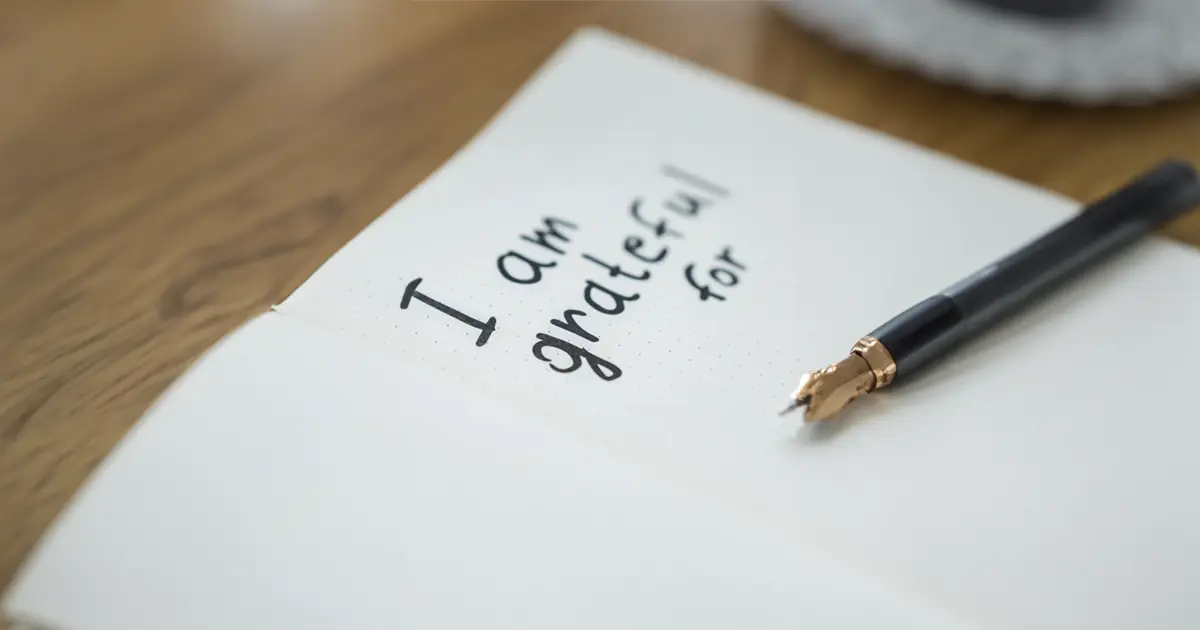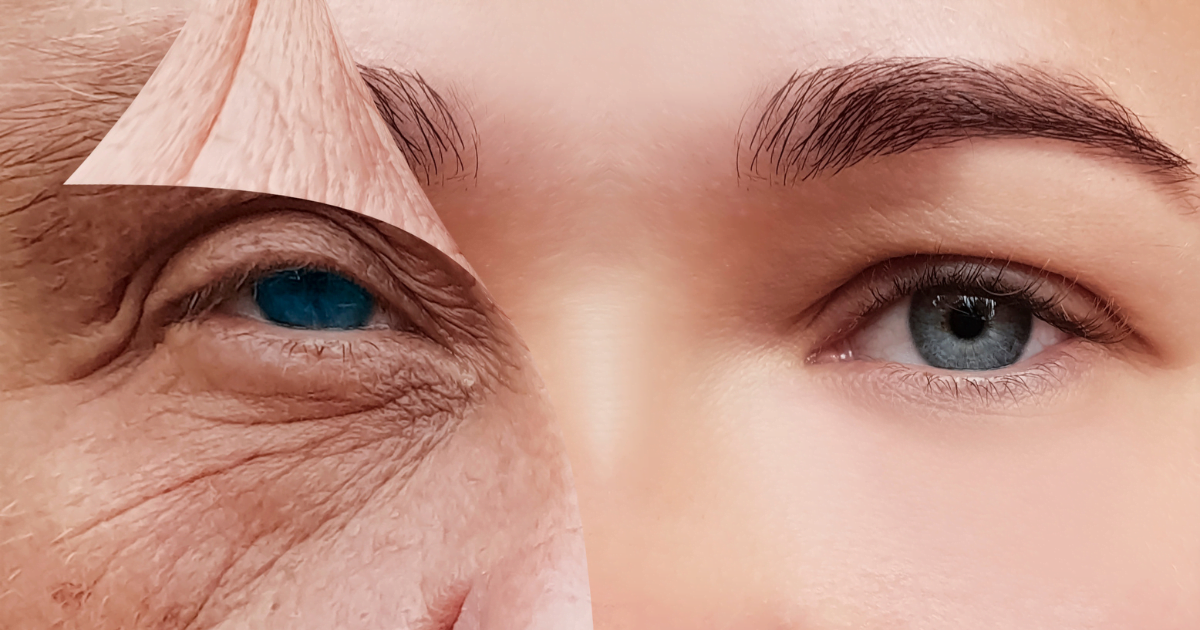“Your Own Wisdom Unveiled: The Power of Journaling” isn’t just a title; it’s an invitation to embark on a transformative exploration through the realm of the written word. For us mature aged women, this exploration goes well beyond simple documentation. Journaling is a revelation of hidden treasures that can profoundly enhance the richness of our experiences.
Emotional resonance and liberation
Journaling can be a sanctuary for emotional expression and, subsequent liberation. I recently came across an old journal I kept during my first serious breakup. As I flicked through the pages of days that turned to weeks, I realised that by pouring my heart out, I was healing, albeit slowly. It’s clear that a journal can help us explore the depth of emotions, at any age. With each stroke of our pen and reflection of our experiences, we can encourage emotional resilience. Further, a journal provides a sacred space for the spectrum of our feelings to unfold.
These emotions aren’t just ephemeral moments captured on paper. Our journal is a trusted confidant that absorbs our emotional currents and turns them into a source of strength, and the act of journaling becomes a dynamic process of self-discovery and emotional empowerment.

Our journal is a trusted confidant.
Discovering self in the written word
Journaling takes us on an introspective journey where we express our dreams and desires – and that’s where the magic happens. I don’t know how many ‘ah-ha’ moments I’ve had just by organising my thoughts on paper. Through the power of the written word, we have an opportunity to find a compass that helps us navigate through our lives.
When is a good time to journal?
Is there a good time to journal? The beauty of journaling lies in its adaptability to our unique rhythms. There is no set time that works the best. The morning may be great for affirmations, the afternoon for musings, or the night for gratitude. There’s no fixed schedule; it’s up to us. The perfect moment to pick up the pen is whenever the mind calls for expression or introspection.
It’s an ever-present opportunity and our journal can become a constant companion, ready to capture the thoughts and emotions that ebb and flow throughout the day. It’s a dynamic process, an ongoing dialogue between us and our journal.

There is no set time to journal that works the best.
A journal is a judgement free space
Our journal is a judgment-free space where we can write down our innermost thoughts, fears, and triumphs without fear. It’s an act of self-compassion, of giving yourself love. In the written word, we can discover not only mental clarity and understanding but also a profound joy of expressing our authentic selves, without any negative clapback.
Journaling isn’t about perfection but authenticity, and don’t we all need more of that in today’s world? Our journal is a haven where vulnerability is not a weakness but a strength, a testament to the courage of our self-expression. As we lay our thoughts down, we create a space where we embrace our vulnerabilities, acknowledge our strengths, and create a deep sense of self-acceptance.
Benefits to mental health
Most of us take care of our physical bodies to some degree, whether it’s through regular exercise, watching what we eat and visiting our health care professional when we’re feeling unwell. But what about our minds? Journaling can be a way to help keep our mental health in good shape, in terms of anxiety reduction and emotional regulation. By lowering stress hormones such as cortisol, you help your immune system.
Other studies have shown that journaling can actually speed up the healing process as well, again through measured lowered cortisol levels.

Studies have shown that journaling can actually speed up the healing process.
A journal is a canvas for creativity
More than just simple words, a journal is a canvas for creative expression. We don’t just have to write; we can include doodles and sketches too, and our journal becomes a space where our ideas flourish. Our journal, once a blank canvas, grows into a testament to our individuality, creativity, and expression.
Why do we avoid journaling
Despite the abundance of benefits, some shy away from the journaling. Common barriers may include a fear of facing inner thoughts, uncertainty about where to start, or a grudgingness to give up the time. However, understanding that journaling is a personal experience, free from rules or judgments, can help overcome these obstacles. It’s about self-discovery at your own pace, making every entry uniquely yours.
The reluctance to embrace journaling often stems from misconceptions about perfection or the belief that one must be a skilled writer. However, as I said earlier, the essence of journaling lies not in perfection but in authenticity. There are no rules with journaling. It is simply a space for self-expression, free from judgment, where the individual’s unique voice is celebrated. And as for time – well, why not put your phone down for a bit and have a try at journaling instead? There are some truly beautiful journals out there that are just waiting for your thoughts…

Studies have shown that journaling can actually speed up the healing process.
Building connections through shared narratives
Journaling doesn’t have to be a solitary endeavour. There are journaling clubs and workshops all over the world, and if you want to share your experiences, this is a wonderful way to do it. When you join a community, the journal becomes a shared experience where individuals contribute their unique perspectives. It becomes a collective exploration, where wisdom is shared, encouragement flows, and a sense of camaraderie blossoms. As well, you might find that you improve your creative writing skills!

Studies have shown that journaling can actually speed up the healing process.
Is there a dark side to journaling?
While the benefits of journaling are abundant, it’s essential to acknowledge potential pitfalls. Journaling might stir up challenging emotions or unearth buried memories. If this happens, it’s crucial to approach these moments with self-compassion and, if needed, seek professional support. Moderation is key; journaling should be a tool for growth, not a source of distress.
If feelings do overwhelm you, seek support from friends, family, or professionals to ensure journaling can remain a source of empowerment rather than distress. Put the pen down and pick up the phone.
Tranquilising the mind for restful sleep
Trouble sleeping? Journaling at night can act like a tranquiliser. When you document reflections, concerns, or gratitude, you declutter your mental space. Your journal can be a bedtime ritual to ease your transition from the day’s chaos into a peaceful night’s sleep.
This bedtime ritual isn’t bound by strict guidelines, either. It’s entirely up to you what you put in there. You might find solace in a review of other entries, by reflecting on moments of gratitude, or simply jotting down thoughts before bedtime. The journal becomes a versatile tool, that adapts to your own nighttime routine.

You might find solace by reflecting on moments of gratitude.
Your journaling odyssey
“Your Own Wisdom Unveiled: The Power of Journaling” is an ode to the transformative potential within all of us. Through emotional resonance, cognitive flourish, and creative expression, journaling becomes a transformative odyssey. Each stroke of the pen is not just a step towards a richer, more authentic life; it’s a brushstroke that contributes to your masterpiece and helps us navigate our mature years with grace.
So let the ink flow, I say, and may your journaling adventure be as unique and vibrant as the journey you’re crafting!
Love You. Love Life.






0 Comments